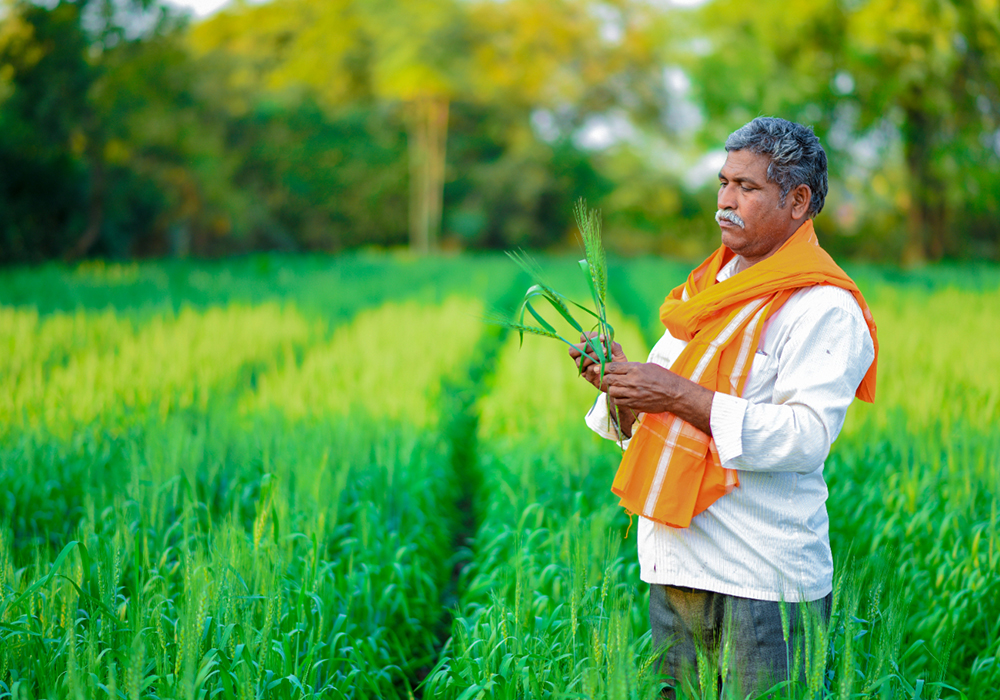AGRICULTURE
In modern agriculture, compressors play a significant role in enhancing productivity and efficiency. They provide a reliable source of compressed air for various applications, from powering equipment to facilitating irrigation systems. The use of compressors in agriculture helps streamline operations, reduce manual labour, and improve crop yields, making them an invaluable asset in the farming industry.
Key functions of compressors in agriculture:
- Irrigation Systems: Compressors power pneumatic irrigation systems, ensuring a consistent and efficient water supply to crops. This helps maintain optimal moisture levels in the soil, promoting healthy plant growth.
- Pneumatic Tools and Equipment: Compressed air is used to operate a variety of agricultural tools and equipment, such as sprayers, seeders, and harvesters. This enhances the efficiency and accuracy of farming tasks.
- Greenhouse Ventilation: Compressors provide the necessary air for ventilation systems in greenhouses, helping to regulate temperature and humidity levels for optimal plant growth.
- Livestock Management: Compressed air is used in automated feeding and cleaning systems for livestock, reducing manual labor and ensuring better hygiene and health for animals.
- Post-Harvest Processing: Compressors are used in the processing and packaging of agricultural products, such as cleaning, sorting, and packaging crops. This ensures the quality and freshness of the produce.
- Soil Aeration: Compressed air can be used to aerate the soil, improving its structure and enhancing nutrient availability for plants. This promotes healthier and more productive crops.

